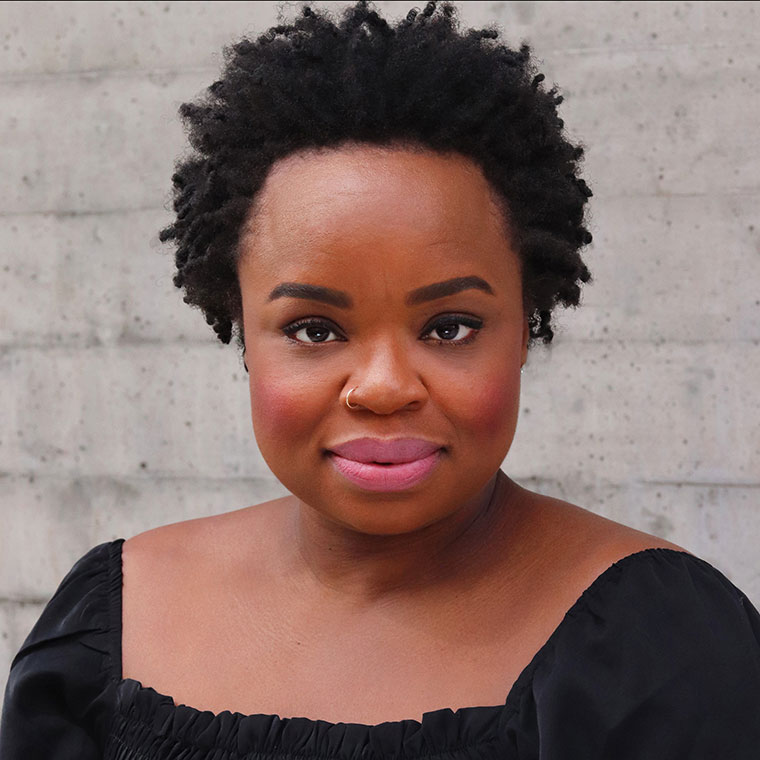Cashel Campbell, MS, BC-DMT, LCAT is a trauma informed Dance/Movement Psychotherapist. She is the creator/owner of Feel Heal Dance, an embodied, intuitive & psychodynamic private practice. Board certified & licensed in New York State, Cashel provides individual & group sessions, clinical supervision & is a guest faculty member (Pratt Institute & Sarah Lawrence College). Cashel leads with compassion & maintains a clinical approach that incorporates, empathy, social justice, indigenous perspectives and body violence recovery. SLC 2022-
Graduate Courses 2024-2025
MS Dance/Movement Therapy
Group Work Theory and Practice I
Graduate Seminar—Fall
7050
In this course, students will learn the clinical skills and roles needed for the effective practice of group work as dance/movement therapists in varied clinical settings. We will examine theoretical constructs of group work that include Yalom’s interpersonal approach, Shulman’s interactional approach, Falck’s membership perspective, and Steinberg’s model of mutual aid. Students will be expected to identify the central ideas and methods of group work and to recognize its emotional, cognitive, and behavioral applications, as well as behavior that disrupts the work of group process; to demonstrate an understanding of the effects of transference and countertransference; to discuss group work theory and techniques used to facilitate problem-solving and specific skill building to reduce psychiatric symptoms; and to understand group characteristics, including multiculturalism, diversity, dynamics, and stages of development and interventions.
Faculty
Group Work Theory and Practice II
Graduate Seminar—Spring
7055
In this course, students will expand their knowledge of the basic theories, methods, concepts, and clinical applications learned in Group Work Theory and Practice I. We will explore the core elements of systems approaches to group-work theory and dance/movement therapy clinical practice. Specifically, we will examine the contributions of Monica McGoldrick’s influential work concerning ethnocultural aspects affecting families, including the impact of race, class, religion, historical factors, and migration experiences, as well as attitudes about sexual orientation and intermarriage. Other theoretical models will include the relational-cultural paradigm developed at the Stone Center’s Jean Baker Miller Training Institute and the principles of resilience theory that emerged from the research of Dr. Emmy Werner. These models have implications for the development of therapeutic interventions and will inform our study of the clinical roles and skills needed for the effective practice of dance/movement therapy group work with children, adolescents, and families in various clinical settings.
